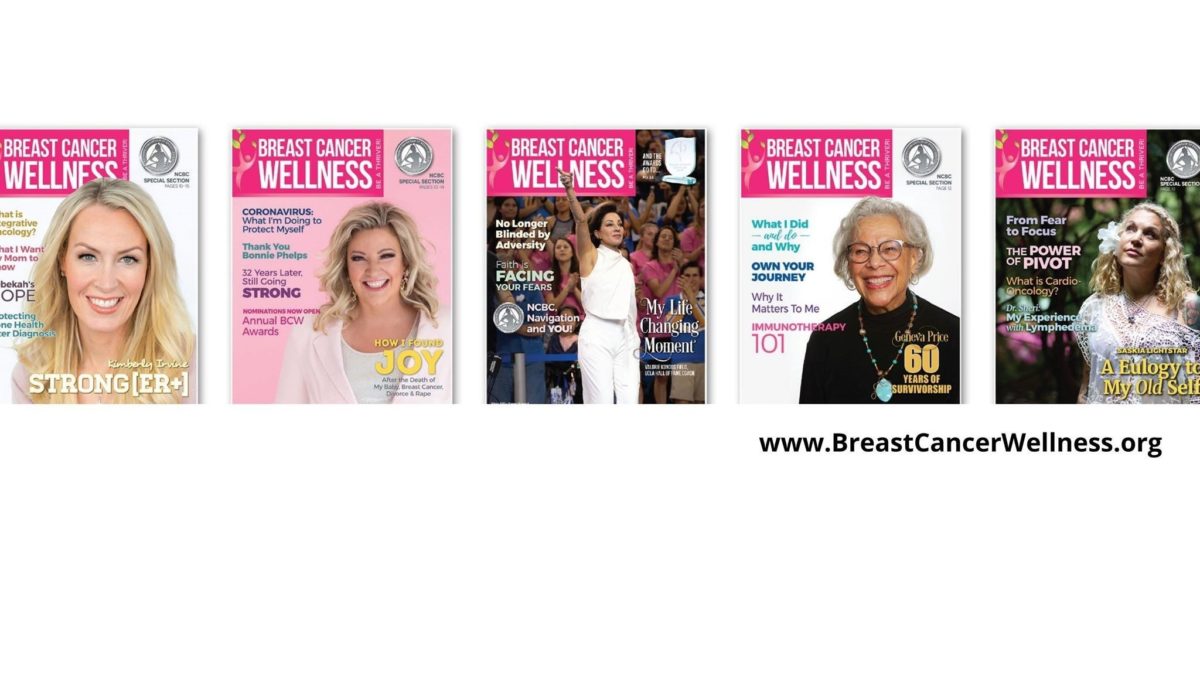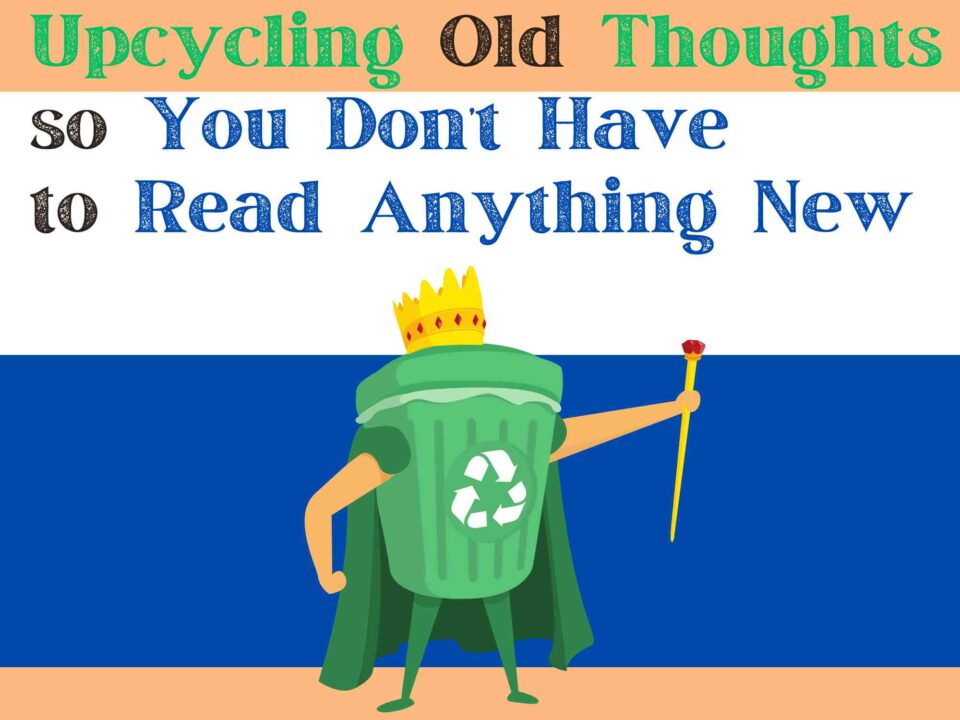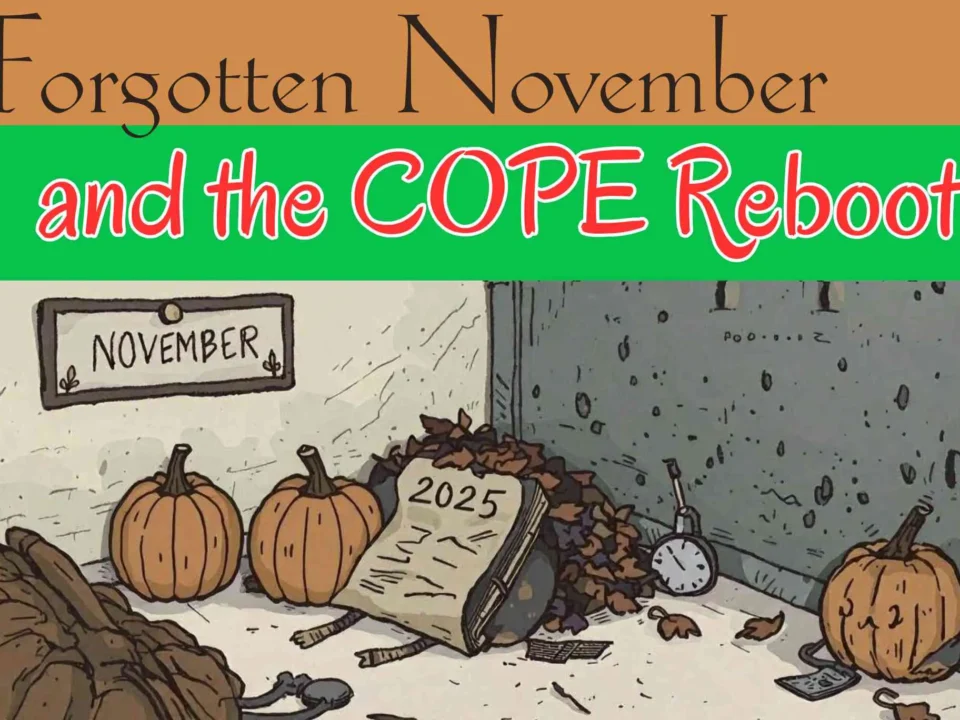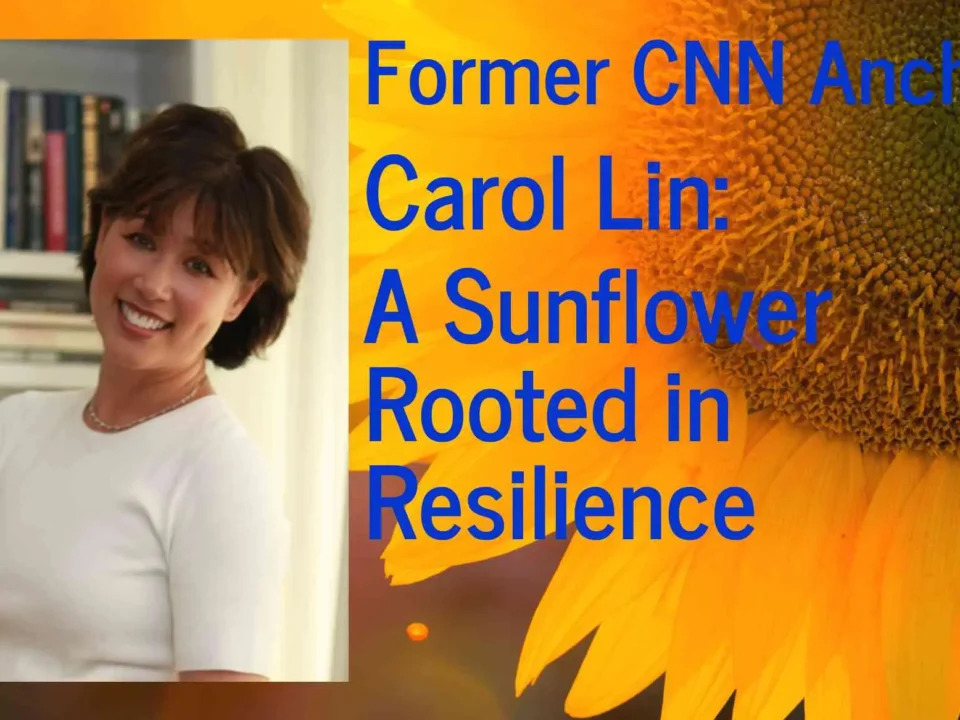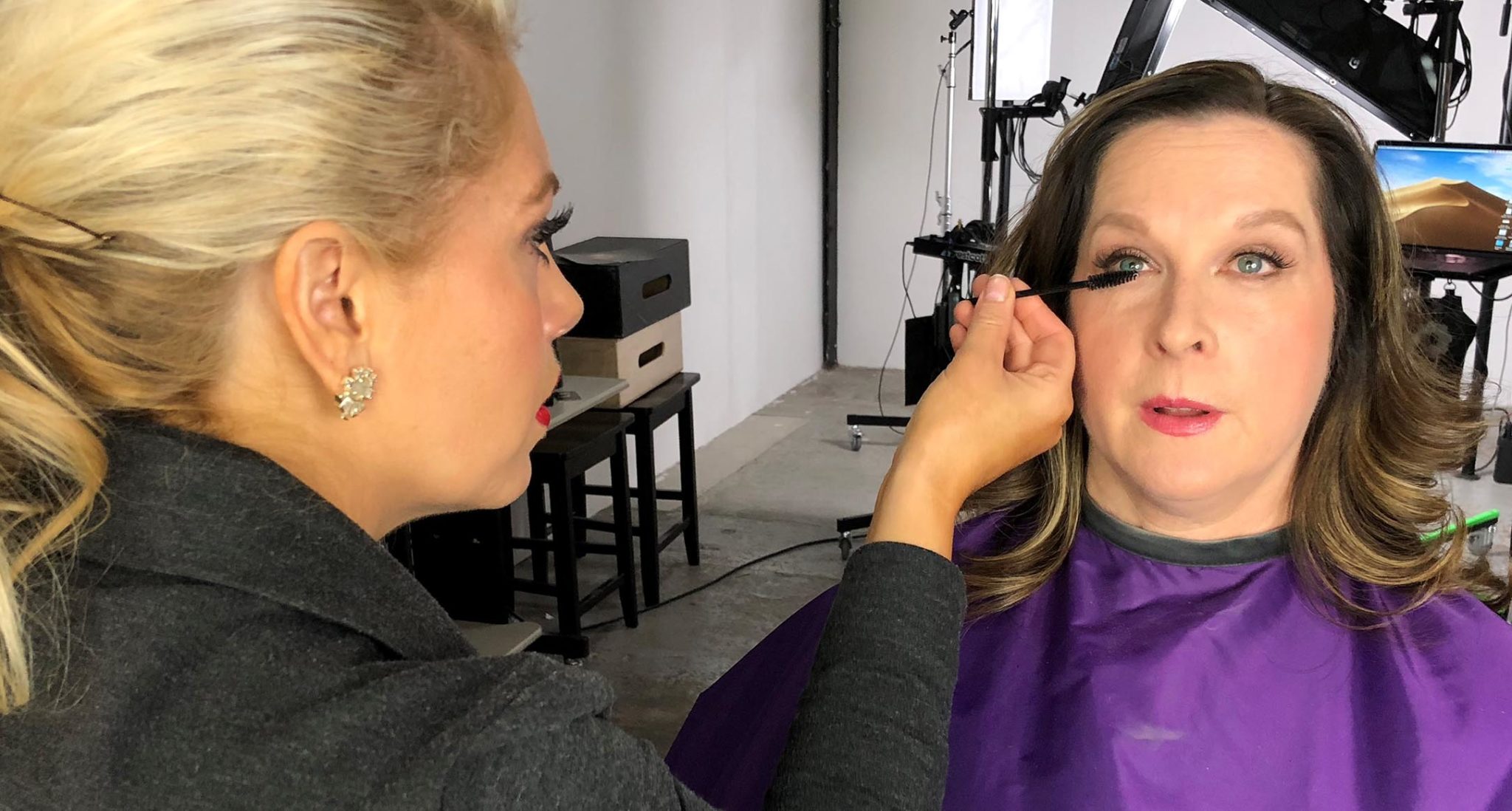
My Perfect Imperfections
October 4, 2021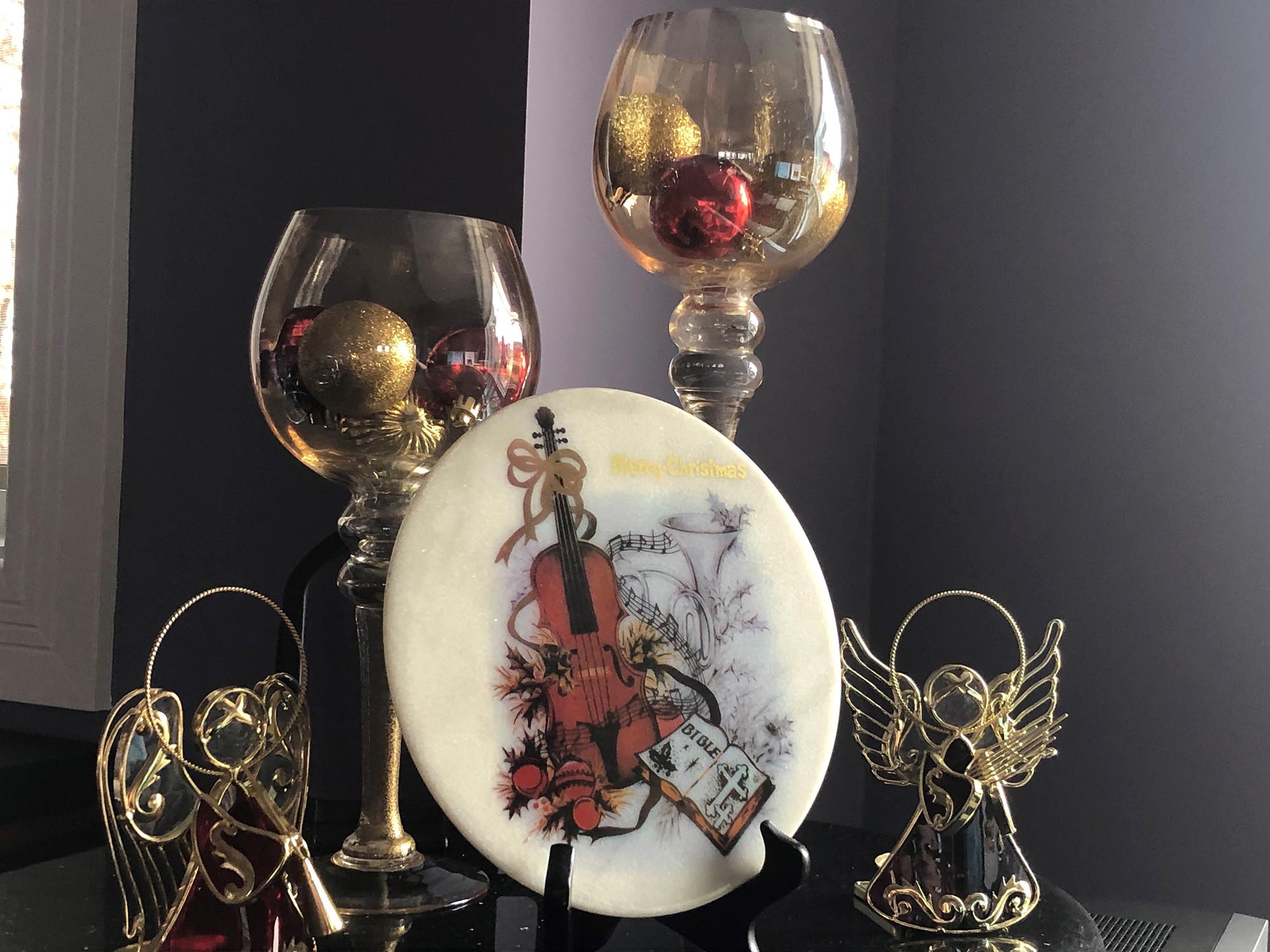
Supply Chain Chaos, Holiday Bests and More COPE Impact
December 7, 2021“I found myself underlining in several places and calling a friend to read lines from Diane’s October 2021 blog to him because I found them so helpful. I was particularly touched when she wrote, ‘I only give up when it’s going to cost me more (financially or emotionally) to stay in than to walk away.’ I’ve been searching all my life for the criteria to use for giving up. Like Diane, I’ve always thought failure was not an option. Now I have two perfectly good reasons to say no or goodbye – without feeling guilty. Thank you so much!”
Carter Anne Prescott
CEO, Carter Communications International, Inc.
For the first time in six years, I got all the way to October before realizing it was Breast Cancer Awareness Month. Or as I referred to it in my October 2019 column:
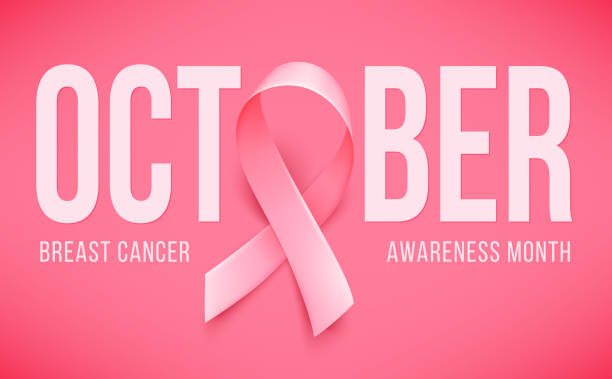
“Pinktober, aka Breast Cancer Awareness Month, those 31 days of hell where I am traumatized by Pepto Bismol-colored ribbons, socks, shirts, bumper stickers, lapel pins, and pocket squares.”
No need to panic. I don’t hate pink as much as I did two years ago, which by the way was less than six months before most of us first heard the term COVID. I don’t know what to say about breast cancer that hasn’t already been said. Helpful suggestions like pay attention, do monthly self-breast exams, don’t blow off your mammogram, learn about the symptoms, consider getting tested for cancer genes…all that is absolutely important.
But there’s more to breast cancer than potential hair loss, anxiety, invasive surgeries, months and months of feeling lousy, and pink. Every person I know who has experienced breast cancer has told me it forever changed their lives. Some, like me, got annoyingly louder and more expressive, while others became quiet and introspective, struggling to find joy.
I was determined to learn the whats and whys about women’s lives after breast cancer (men get breast cancer, too, by the way). So, I turned to my cherished friend, Beverly Vote, a 29-year survivor and publisher of the quarterly magazine, Breast Cancer Wellness, for insight.
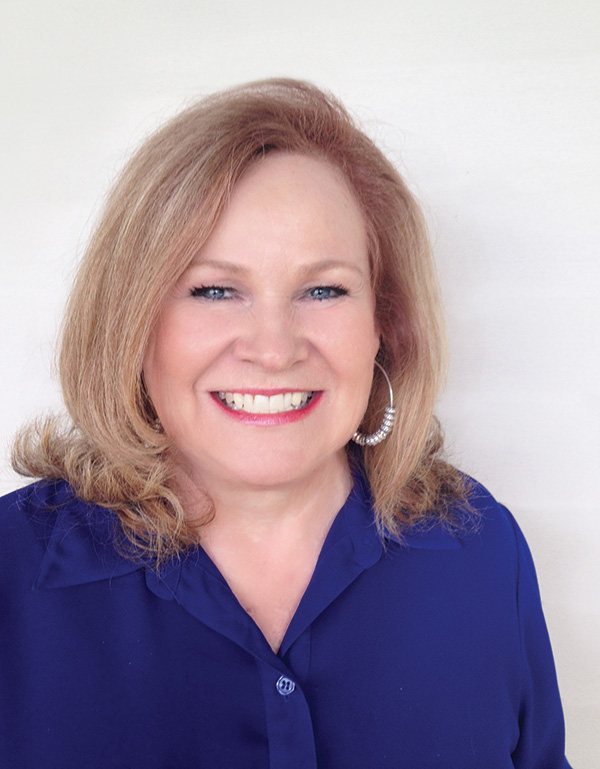
Bev is a member of the Board of Directors for the National Consortium of Breast Centers and an advocate for improving the treatment experience. One of the highlights of my year so far is that Bev and I have been having Wednesday morning phone calls at least every other week. She is a mentor, comrade, and cheerleader — encouraging me to keep writing, speaking, rattling cages, seeking solutions, and bringing attention to the psychological trauma created by a cancer experience.
Here are excerpts from a recent chat we had, in question/answer format.
How does breast cancer change us?
We learn to prioritize and we come to understand what’s really important. Sometimes we forget the priority is ourselves. My biggest frustration was getting away from the trap of the American dream. I had the awards, the beautiful home, the great kids, but then I was finally correctly diagnosed (another story) with breast cancer. At age 38 it changed my focus of who I thought I was. Breast cancer gave me permission to live differently than who the status quo told me I should be.
What is your life like today?
My focus has shifted so much. A diagnosis of breast cancer often causes too many to throw the concept of joy out the window. There’s a practice I do every day that brings joy to myself and others. Sometimes it’s something simple like saying a prayer or calling someone to share joy. My influencer in doing that is a woman I met years ago who gave away something of value every day to help her continue to grow. This daily practice has helped me grow what I call a “joy garden.”
Joy is the opposite energy of what breast cancer is. Stress, including trauma, can disrupt our immune system to function optimally. Laughter releases healthy endorphins within our bodies. Laughter is an important part of joy, too, by the way.
Tell us a bit more about your breast cancer experience.
I was misdiagnosed four times, for starters. In the end, I chose a treatment path that felt right for me, and I have continued to stand by that decision. I was so angry about those misdiagnosis traumas that I met with four different attorneys, intending to sue. One attorney said my settlement would take time, the attorney(s) representing me would take a significant amount of the settlement money, and the defendant would attempt to destroy my credibility in the process. In the end, I decided not to sue because that’s not who I am and spending time in a legal battle wasn’t how I wanted to spend my energy. Life after breast cancer becomes a choice on how you want to live your life.
Through my time with breast cancer, I was locked up in fear because my doctors told me the likelihood of my cancer returning was high and it would likely be aggressive. My fears controlled my life. I had my own insurance brokerage that I had started, and I was afraid of losing all that I had built.
But most of all, I was afraid of dying. Eventually, I began studying different religious and spiritual beliefs about dying. Then I had an out-of-body experience and I realized I was more afraid of living than dying.
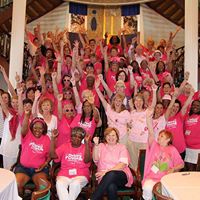
Once I realized how afraid I was of living, I was able to make some significant changes because I was no longer under the grip of fear. One of those changes was to go out on a limb on blind trust and try something new; one of which was starting a publication about whole-person care after a breast cancer diagnosis.
In the end, it’s the people we choose to surround ourselves with who help influence how we deal with our breast cancer experiences. Healing the emotional components of breast cancer are challenging because the diagnosis of breast cancer can shatter our self-image until we learn to see ourselves through a broader, more beautiful scope than what the status quo has programmed us to accept as our self-image or our self-worth. Our healing needs are broader than what cancer doctors learn in school.
Well, I could launch into a separate diatribe based on Bev’s brilliant last statement, but I’ll leave it there and encourage you to ponder her poignant thoughts. Thank you, Bev, for your honesty and candor, but most of all, thank you for your fearless leadership!
What’s Up?
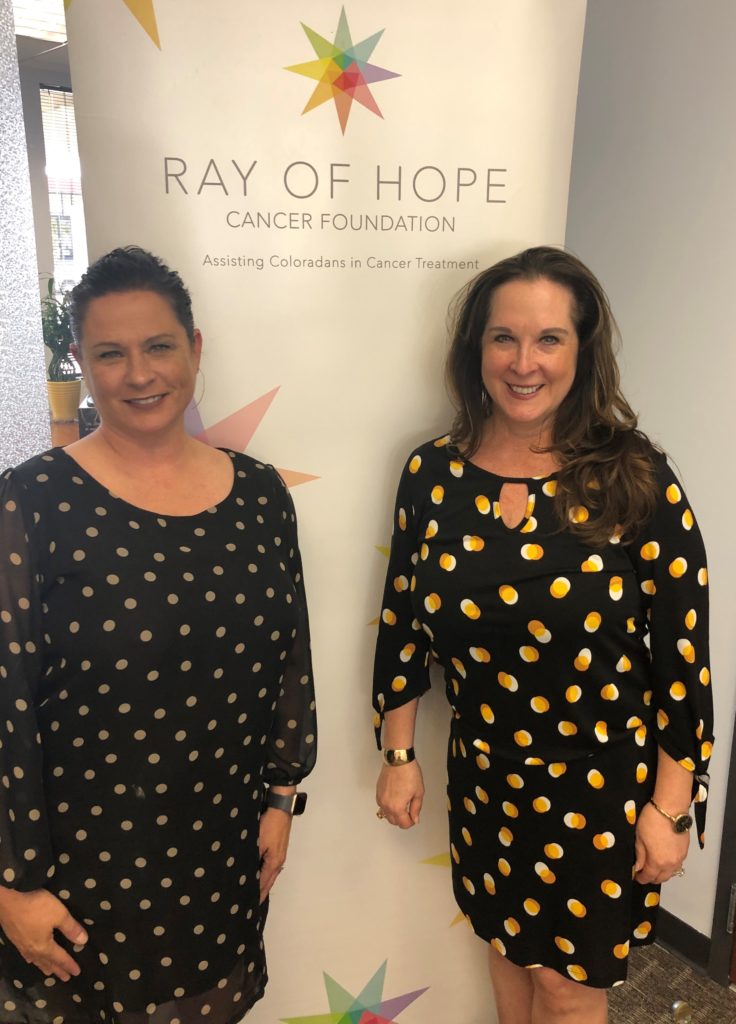
I was recently asked to say a few words about psycho-oncology at the Ray of Hope (Colorado) Cancer Foundation’s Destination Hope Gala. Ray of Hope’s Executive Director, Audra Fleming, reached out to me early this year to ask whether I would help advocate for an initiative to support low-income, Colorado-resident cancer patients seeking individualized mental health support from therapists specifically trained in psycho-oncology.
At the event, Audra announced that since Ray of Hope announced their pilot for the initiative earlier this summer, the response and need for such services has been overwhelming. To learn more, contact me or go to Ray of Hope’s website: https://rayofhopecolorado.org/therapy/
I closed my remarks at the gala with these thoughts, which I repeat often:
“Cancer survivors are human beings, not mere medical commodities, and each of us is a unique, thriving miracle. We need and deserve the services of specially-trained mental health therapists to help us find ourselves again.”
I’ll raise my pink glass to that.


